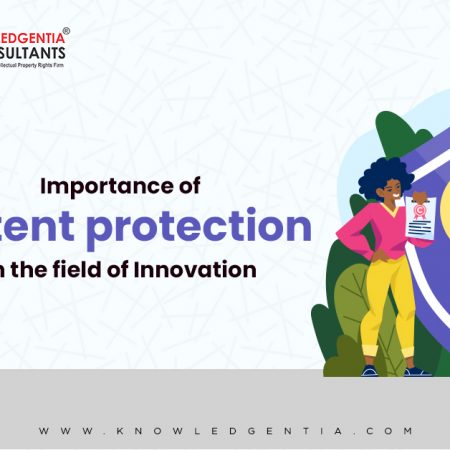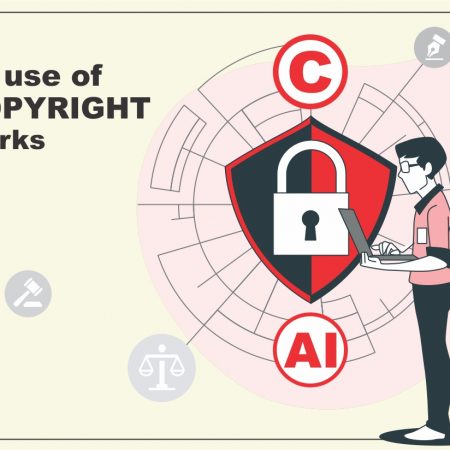EMAMI LIMITED V/S HINDUSTAN UNILEVER LIMITED ON 9 APRIL, 2024 CS-COM 189/2024
REVIEW OF JUDGEMENT
CALCUTTA HIGH COURT
EMAMI LIMITED V/S HINDUSTAN UNILEVER LIMITED ON 9 APRIL, 2024 CS-COM 189/2024
This is a suit for infringement and passing off. The petitioner is the proprietor and prior user of the mark “Fair and Handsome” (men’s skin products) since the year 2005 which is registered for the word mark & label mark both within and outside India. The petitioner has been using the marks “Fair and Handsome” and variations thereof as well as “Hi Handsome” and “Activate Handsomeness”. These also include both word and label mark registrations without disclaimers or conditions. It is alleged that “Handsome” is a prominent and essential feature of the petitioner’s trademark and has been used since 2005. Total sales of the product “Fair and Handsome” upto FY 2020 had exceeded Rs.2,430 cr. and incurred advertising expenses in excess of Rs.400 cr. since 2005.
Petitioner had been using ‘HANDSOME’ in publicity campaigns such as through use of ‘HANDSOME XI’, ‘MR. HANDSOME’, ‘HANDSOMENESS DAY’, ‘HANDSOME LIFE’, ‘HANDSOMENESS’ and ‘HANDSOME’ and the same had gained considerable amount of publicity. The judgement in this case while delving on the principal being followed in terms of marks of generic description has once again clarified generic or commonly descriptive words – examples such as ‘necktie’, ‘plastic’, ‘soda’, ‘perfect’, ‘best’, ‘No. 1’ can never become trade marks on their own. They never acquire distinctiveness or a secondary meaning. They do not tell one man’s goods from another’s. They do not indicate origin. Ordinarily, even these are not registrable unless they have acquired a secondary meaning and refer exclusively to one particular trader’s goods. In the third category we have suggestive words. These only hint at a feature or a specialty. The consumer must, in his mind, make the necessary link between the word and the goods. This class of expression requires no proof of acquisition of a secondary meaning to proceed to registration; it may, however, be hedged with a disclaimer regarding the manner of use. A wholly arbitrary or fanciful word is always registrable, and it always separates or distinguishes one person’s goods from another’s.
The general rule regarding distinctiveness is that a mark is capable of being protected if either it is inherently distinctive or has acquired distinctiveness through secondary meaning. In the spectrum of distinctiveness, the first category of marks is of arbitrary, fanciful and invented marks which is of absolute distinctiveness. Similarly, suggestive marks can also be registered due to their inherent distinctiveness. Descriptive marks can be registered as trademarks provided secondary meaning is established. The owner of a mark is always entitled to expand the goods and services, as a natural consequence in expansion of business. Words and terms may acquire a secondary distinctive meaning in certain circumstances by a combination of evidence like financial, turnover, advertising and promotional expenditure, evidence of trade buyers and consumers etc. The Respondent in this matter had been unable to give any proof of actual use of the mark “Handsome” in relation to men’s fairness creams. Though, in 2018, the respondent applied for registration of many marks but there is no explanation why the respondent decided to adopt the impugned mark even though it had been rejected in 2018 and the same was allowed only after a period of 11 months.
Adopting the name “Glow and Handsome” in the special circumstances is unacceptable and demonstrates lack of Bonafide. The series of events shows desperation to use the word “Handsome” by respondent. Respondent gives no exclusive rights for its registered product “Fair & Lovely” & has obtained injunctions for infringement and passing off the said mark from using the word “Fair” or “Lovely. In this way respondent is also not entitled to contend that the petitioner is not entitled to similar protection for its product “Fair and Handsome”. A conscious and deliberate decision by a competitor in adopting a leading, prominent and essential component of a trade rival while seeking to change the name of its existing brand is not something which can be disregarded. In choosing the word “Glow and Handsome”, there is also an element of taking unfair advantage of a leading,
prominent and essential feature of the petitioner’s mark which deceives or is likely to deceive. Nobody has any right to represent the goods of somebody else. In doing so, the rival takes a “free ride”. There is no line between permissible free riding and impermissible free riding. All “free riding” is unfair.
This is a welcome decision as it clarifies certain basic criteria of judgement that has become an accepted well known practice in the Indian society and economy with respect to brand, trademark protection and enforcement. In this case, the petitioner had been uninterruptedly and exclusively been using the mark “Fair & Handsome” for nearly two decades. Petitioner made a strong case on merits and the balance of convenience is overwhelmingly in favour of the orders being passed as prayed by the petitioner. The petitioner approached the Court simultaneously with no delay upon the respondent launching its product. Thus the Hon‟ble court restrained the respondent from using the mark „Glow & Handsome‟ and the Hon‟ble court granted respondent a month to take necessary steps to comply with this order.








